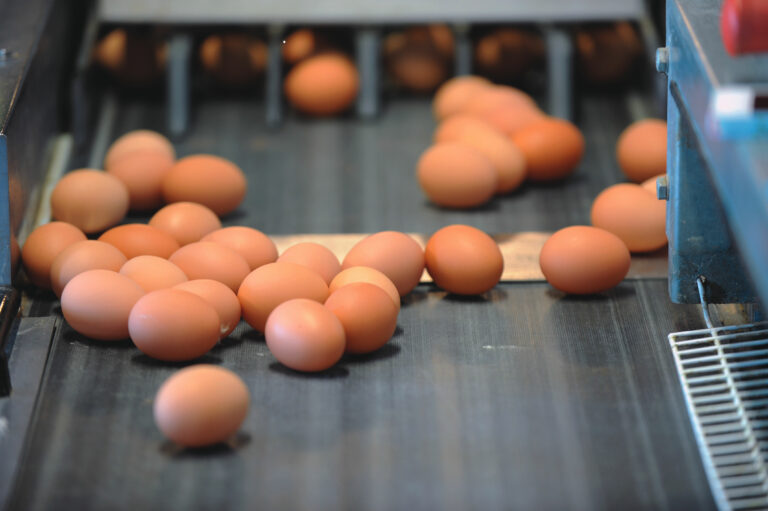Details of a new study encouraging older people to increase their protein intake by eating more eggs are being presented at this year’s Nutrition Society conference.
The PhD study, part-sponsored by the British Egg Industry Council (BEIC), is being undertaken at Bournemouth University’s Research Centre for Behaviour Change, under the supervision of Professor Katherine Appleton.
Results from an earlier study suggest that sharing new, more flavoursome, egg recipes could be a simple way to encourage older adults to consume more protein, which researchers believe could support good health.
Dietary protein has an important impact on health, physical functioning, and muscle mass, and it has been suggested that older adults need more dietary protein than younger adults(1).
Lead researcher Emmy van den Heuvel comments: “Compared to other protein rich foods, eggs are easy to cook, of long shelf life, and low cost; so they may be of help in increasing protein intake in older adults.”
BEIC Chairman Andrew Joret said: “We are very encouraged by the early stages of this study. There appears to be potential to motivate older people to eat more eggs by suggesting a wider range of recipe and flavour combinations for them to try.
“Eggs are an ideal food for older people, not only for the high quality protein they provide, but also in terms of practicality and cost, so this study will help us understand more about the ways in which we might encourage increased consumption among this age group.”
The study abstract being presented to the Nutrition Society in July sets out the protocol for a trial to investigate the impact of sharing new, more flavoursome, egg recipes on egg intakes. A wide range of reasons for eating or not eating eggs in adults aged 55 years and older, were obtained from a focus group study(2). These data were then used to design a structured questionnaire which was sent out to a national sample(3).
Emmy van den Heuvel said: “The questionnaire results showed that older adults who eat more eggs reported that they think eggs taste good and add variety to the diet. We believe that adding flavour and more variety may encourage intakes in those who consume fewer eggs.”
A randomised controlled intervention study was designed to increase egg and protein intake, by providing recipes of protein-rich egg-based meals and herbs/spice packets, to encourage the addition of flavour and variety to the diet. Community dwelling adults aged 55 years and over were randomized to receive dietary information followed by either six recipes and relevant herbs/spices every fortnight for three months, or only the dietary information.
Dietary intake (Food Frequency Questionnaire(4)), body composition (Bioelectrical Impedance Analysis), handgrip strength, and physical performance (Short Physical Performance Battery (SPPB)(5)) were assessed at baseline, and will be assessed again after the three-month intervention period and at six months. The study is registered at ClinicalTrials.gov (NCT02777918).
References
1. Bauer J, Biolo G, Cederholm T et al. (2013) J Am Med Dir Assoc 14, 542-559
2. van den Heuvel E, Murphy JL, Appleton KM (2015) Proc Nutr Soc 74, 314
3. van den Heuvel E, Murphy JL, Appleton KM (2016) Proc Nutr Soc 75, 196
4. Clark H (2017) Scottish collaborative group food frequency questionnaire service. [accessed March 2017]. Available from: http://www.foodfrequency.org/
5. Guralnik JM, Simonsick EM, Ferrucci L et al. (1994) J Gerontol 49, M85-M94


